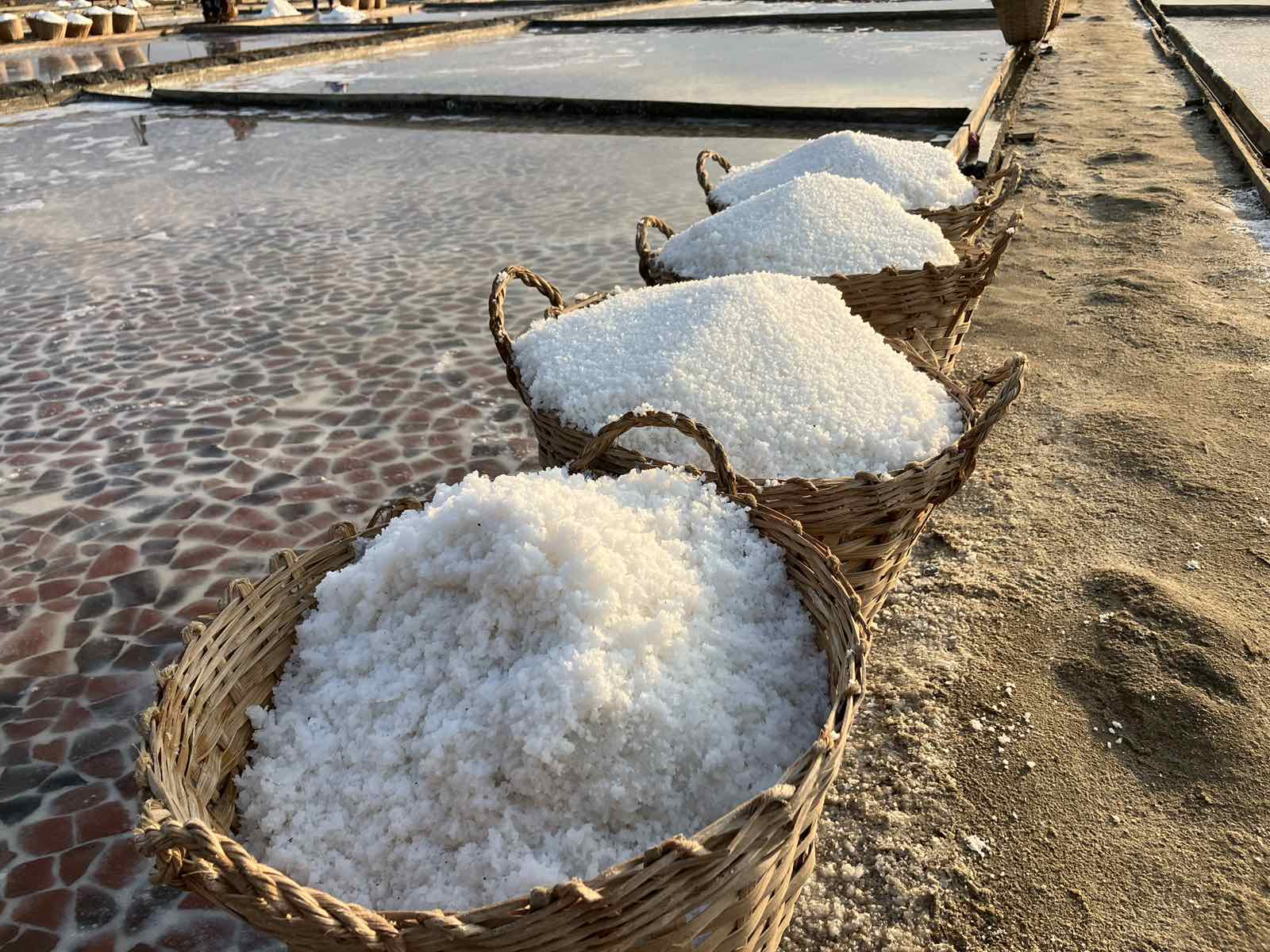
By Janine Dumaguin
The Department of Agriculture (DA), through the Bureau of Fisheries and Aquatic Resources (BFAR), launched on Friday, March 10 the Development of Salt Industry Project or Oplan Asin, in its bid “to address the challenges and gaps in the country’s salt industry and production.”
In a press release, DA-BFAR said the project aims to “increase local production of excellent quality salt in the country through the enhancement of processes and improvement of practices on salt production, while balancing the requirements for food safety standards and industrial uses.”
To date, the decline of salt production in the country has been seen for over the years.
According to the Philippine Statistics and Authority, the country had imported approximately 300 million kilograms of salt in 2021.
Data shows that 92 to 93 percent of the nation’s current supply is being imported, while only seven percent originates from the local salt producers. This is far from the 85 percent of the local salt supply in the country in the previous years.
Last year’s initial funding, amounting to P100 million, covers the issuing of post harvest facilities and equipment, demonstrating new techniques, and elevating the capacity of salt producers in compliance with hygiene and sanitation in the salt production.
“These interventions shall continue in 2023 with an expanded scope through the allotment and downloading of another PhP 100 million to seven DA-BFAR regional offices that now include BFAR RFOs 3, 4A, 4B, and 7,” the release further read.
The DA-BFAR, together with other government agencies, also conducted on Thursday, March 9 a dialogue with local salt producers in Dasol, Pangasinan to address pre-existing concerns in the industry, as well as discuss the Republic Act No. 8172 or Act for Salt Iodization Nationwide, which mandates salt producers to iodize the salt they manufacture.
– cf
